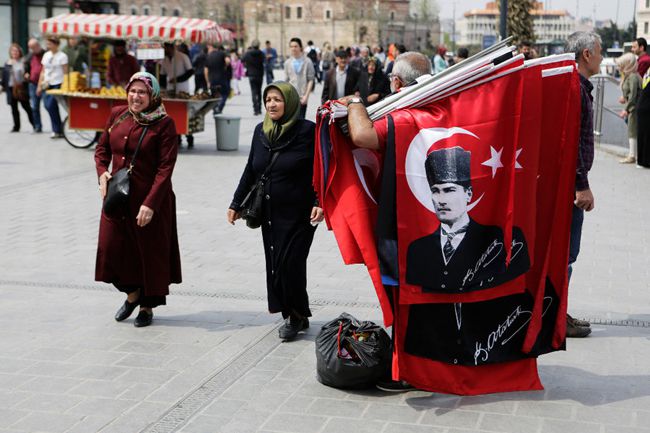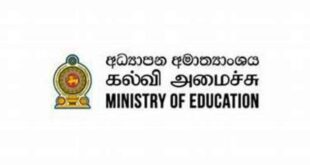A referendum result will likely give strong powers to a president who founded the governing Islamist party. As long as its democracy is preserved, Turkey may find a new balance between Islam and secular rule.

The Monitor's Editorial Board
APRIL 18, 2017 —For nearly a century, Turkey’s political history has been one of largely secular rule over a mostly Muslim people. Its model of balancing divine faith and earthly governance, however, may soon be sharply reshaped. In an April 16 referendum, Turkish voters narrowly approved a plan to grant semi-authoritarian powers to a presidency now controlled by a man who founded the governing Islamist party.
The vote itself remains contested because of a crackdown on dissent since last July by President Recep Tayyip Erdogan. Yet the plebiscite’s near-even split did make clear that Turks have now joined the rest of the Muslim world in the struggle to redefine the proper role of religion in the public sphere.
From Tunisia to Indonesia, the rise of radical Islam has forced Muslims to debate the overlap of mosque and state. In Turkey, President Erdogan has promised to “raise pious generations,” a goal he could soon pursue by dictate. The approved changes to the Constitution are expected to keep him in office until 2029 and will give him strong powers over the legislature and judiciary. Yet about half of Turk voters indicated they prefer the secular system set up by the nation’s founder, Mustafa Kemal Ataturk, after the fall of the Ottoman Empire during World War I. His reforms undercut the notion of religion as a source of authority for the state in a diverse society.
At the same time, the Ataturk model also repressed many outward expressions of faith, such as women wearing head coverings. The fact that Turkey may now be swinging the pendulum toward a new accommodation of religion might be welcomed – except for the fact that its democracy will soon concentrate many powers in the hands of one person. Democracy itself, in other words, may be at stake, perhaps leading Turkey toward the Iran model that blends religious and secular authority.
If anything, religious faith calls for humility in ruling over others, not coercion, and a wide respect for the dignity of the individual in choosing faith. At the same time, secular rulers must recognize that that the moral precepts of governance, such as rights and liberties, have their origins in religion.
Turkey could easily be the world’s most important Muslim country. Both its economy and its military are the largest in the Middle East. And it has long served as a bridge between East and West, serving as a member of NATO while regarding itself as the leader of the Muslim world.
It has also struggled over its national identity, not only in matters of faith but in dealing with ethnic minorities and in its leanings toward being European.
A country that straddles the Bosphorus can also learn to straddle the sometimes difficult divide between Islam and modern governance. Ataturk may have gone too far in secular governance, but now Erdogan could also go too far the other way. As long as Turkish voters are in charge and Erdogan does not further erode the democratic process, they can keep searching for the right balance.
Source : http://www.csmonitor.com
Post Disclaimer | Support Us
Support Us
The sailanmuslim.com web site entirely supported by individual donors and well wishers. If you regularly visit this site and wish to show your appreciation, or if you wish to see further development of sailanmuslim.com, please donate us
IMPORTANT : All content hosted on sailanmuslim.com is solely for non-commercial purposes and with the permission of original copyright holders. Any other use of the hosted content, such as for financial gain, requires express approval from the copyright owners.
 Sri lanka Muslims Web Portal Sri Lanka Muslims News Center
Sri lanka Muslims Web Portal Sri Lanka Muslims News Center
 Donate
Donate


